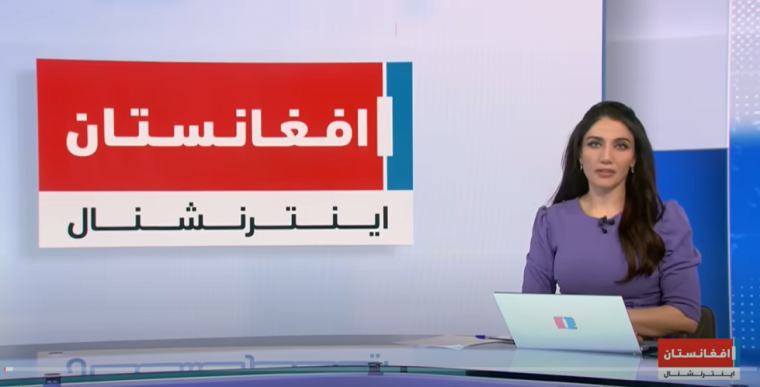New York, May 9, 2024—The Taliban must revoke their restrictions on the popular broadcaster Afghanistan International and end their crackdown on independent media in Afghanistan, the Committee to Protect Journalists said Thursday.
On Wednesday, the Taliban’s Media Complaints and Rights Violations Commission banned journalists, analysts, and experts from participating in discussions or cooperating with London-based Afghanistan International’s television and radio stations, according to a Taliban statement and multiple news reports.
The Commission called on citizens to boycott Afghanistan International and banned people from providing facilities for broadcasting the channel in public places.
It said the station was committing professional violations, falsifying information, encouraging ethnic and regional prejudices, violating Afghan values, and producing broadcasts “against the Taliban regime and content that aids the group’s opponents.”
“The Taliban must immediately lift their ban on journalists working with broadcaster Afghanistan International and allow Afghan citizens unrestricted access to news produced by the popular London-based outlet without fear of reprisal,” said CPJ Asia Program Coordinator Beh Lih Yi. “The Taliban must stop using the media complaints commission as a tool to impose even harsher censorship on Afghan news outlets and diaspora media. These restrictions on freedom of information must end immediately.”
A December survey by the charity BBC Media Action identified Afghanistan International as the country’s most popular international television channel.
Harun Najafizada, director of Afghanistan International TV, told CPJ that the BBC Media Action survey results might have influenced the Taliban’s decision. However, he said that the May 8 restrictions would not impact Afghanistan International’s operations.
“A number of sources within the Taliban continue to cooperate with us,” he said, referring to Taliban sources who disclose confidential information about the Islamist group to the TV station.
“We don’t have any employees or freelancers on the ground in Afghanistan, yet the channel remains accessible … to the Taliban, to those known as [Taliban] sympathizers, to experts on Afghanistan, and to activists [who wish to give interviews to Afghanistan International].”
Afghanistan International, owned by the independent Volant Media, broadcasts from London and Washington D.C. and is accessible through satellite, cable, and social media. Its website and channels provide content in three languages: English, Dari, and Pashto.
The network began broadcasting on August 14, 2021, one day before the capital, Kabul, fell to the Taliban.
Since the Taliban took over in 2021, they have shut down numerous local broadcasters, including Radio Nasim in central Daikundi Province, Hamisha Bahar Radio and TV in eastern Nangarhar Province, and Radio Sada e Banowan in northeastern Badakhshan Province.
In 2022, the Taliban also banned international broadcasters such as the U.S. Congress-funded Radio Free Europe/Radio Liberty and the Voice of America.
On April 17, the Media Complaints and Rights Violations Commission banned local independent broadcasters Noor TV and Barya TV, citing violations of “national and Islamic values” without providing further details.
CPJ’s text messages to Taliban spokesperson Zabihullah Mujahid requesting comment did not receive a response.
